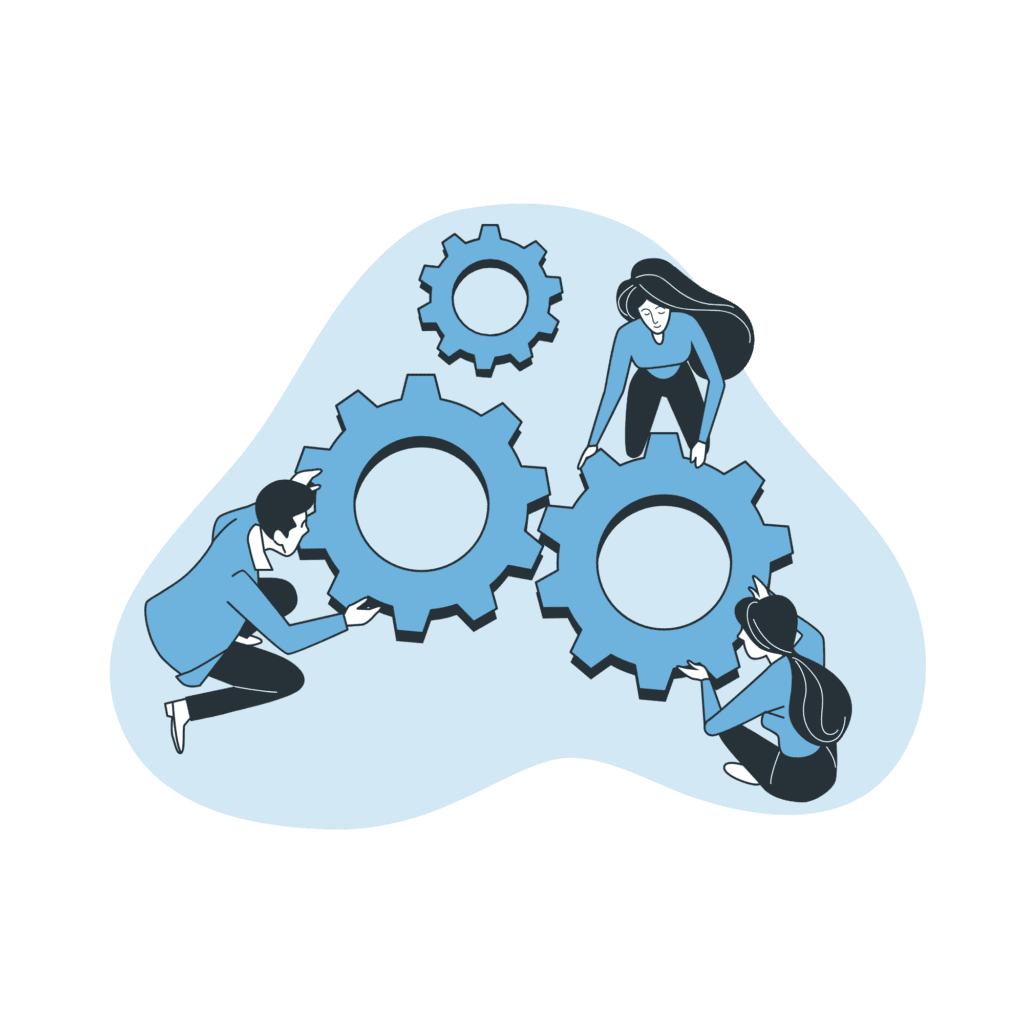The goal is to transform the outdated constructs into a modern, sustainable, and prosperous economy for all. As such, the Shared Social Economy is based on three essential tenets.

De-centralization of economic power.
The existing old-fashioned system consolidates resources, including financial, for centralized distribution. Thus, money and power are intrinsically linked.
The Human-Centered Economy has financial autonomy of individuals at its core. But unlike crypto, that is not backed by any real assets, the new model is upheld by the existing excess production capacity. Such excess capacity in the form of unused goods and services is in abundant supply, as individuals do not have enough money to buy everything that is being produced.
To correct that, the Human-Centered Economy complements traditional currencies with social wealth credits. These credits recognize and record the economic value of socially beneficial activities (volunteering, unpaid domestic labor, caring for elderly relatives and more). That creates an additional source of wealth – Social Wealth.
The new wealth is accessible to everybody, as there is no lack of opportunities to contribute to the common good. For the same reason, it is virtually unlimited.
Thus, the Human-Centered economy is de-centralized and self-regulated. It is no longer dependent on money as a single point of failure. As a result, the economic system becomes more resilient and sustainable in the long run.


Convergence of business and non-profit sectors.
By design, the current economy disconnects businesses from purpose.
Business performance is measured exclusively by financial KPIs aimed at maximizing shareholder returns, without considerations for employees, partners, communities, or nature.
On the other hand, non-profit organizations are focused on noble causes, but are 100% dependent on financial donations. That destabilizes their growth and limits the impact of non-profit driven activities.
The Human-Centered Economy removes the artificial division between for-profit and non-for-profit sectors. Socially beneficial contributions are measured, recorded, and rewarded, same as traditional sales revenues, albeit in a different currency.
That enables the synergies among currently disconnected wealth creation activities, such as manufacturing, services, community engagement, employee contributions, donations, and financial investments.
The new model places civil society actors at the same level as financial institutions, removing the monopoly for access to resources. All in all, it shifts the economic focus from competition for money distribution to cooperation in value creation.

Human empowerment
In the current economy, people are dependent on their jobs for survival, leading to ever increasing levels of stress, anxiety, and burn-out.
In the Human-Centered Economy, individuals have a choice and a decision-making power in wealth creation. Everybody is empowered to create and use Social Wealth as they deem fit.
That provides a “safety net” at the time of economic uncertainty, when rising unemployment, inflation and AI revolution impacts job market without proposing an alternative.
Transitioning to the Human-Centered Economy provides an immediate outlet for skill application in socially beneficial activities. That boosts the quality and impact of projects carried out by associations, foundations, and NGOs. It also creates an additional source of purchasing power for individuals and businesses.
But most importantly, the new model redefines what we consider valuable. It dims individual consumerism in favor of common good and sustainability. It fosters the culture of empathy, responsibility, and meritocracy, building a better world for future generations.



Contact us
Global Social Enterprise
At Global Social Enterprise, your voice matters. Share your thoughts, join the team, or just say hello—we’re all ears. Drop us a line through our contact form and let’s enable the change together.
